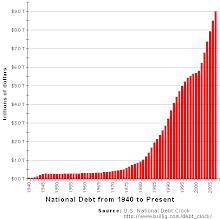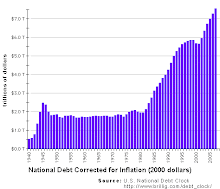
Does traditional economic theory have a good explanation for Carrotmobs? According to a May 15, 2009 article in TIME by Jeremy Caplan, a Carrotmob is a type of reverse boycott:
The concept is simple: instead of steering clear of environmentally backward stores, why not reward businesses with mass purchases if they promise to use some of the money to get greener? ...
The movement was born on March 29, 2008, when hundreds of green-minded patrons poured into a San Francisco convenience store after Schulkin solicited bids from 23 stores in the area to find the business that would promise to spend the highest percentage of Carrotmob profits on more energy-efficient lighting. The crowd spent more than $9,200 at the K&D Market, which then fulfilled its pledge to plow 22% of the day's revenue into greener lighting — with the haul from the Carrotmob providing enough cash to make all the improvements recommended by an energy auditor (and Carrotmob supporter).
Does this suggest some businesses can increase profits by becoming more environmentally conscious? Can consumers really use the market system to bring about social change?






Nice crowd
ReplyDelete